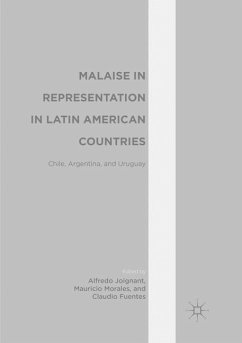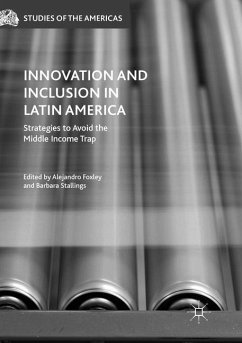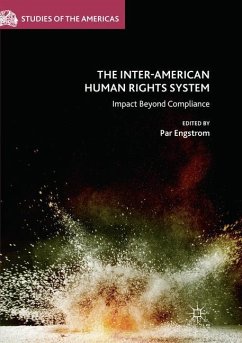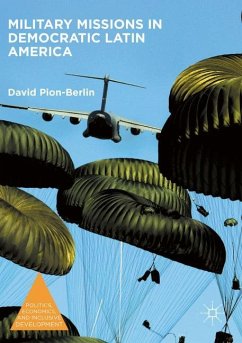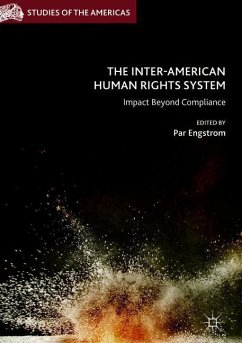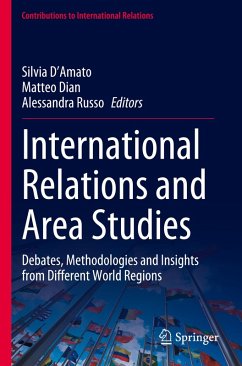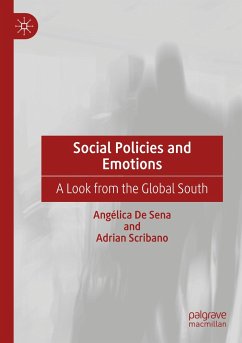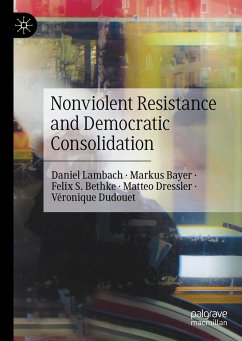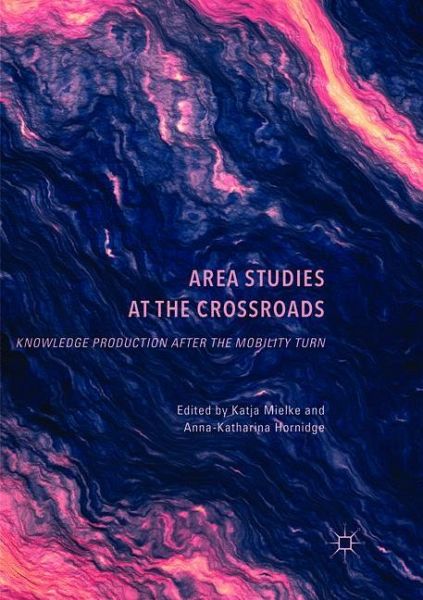
Area Studies at the Crossroads
Knowledge Production after the Mobility Turn
Herausgegeben: Mielke, Katja; Hornidge, Anna-Katharina
Versandkostenfrei!
Versandfertig in 6-10 Tagen
129,99 €
inkl. MwSt.

PAYBACK Punkte
65 °P sammeln!
In this pioneering volume, leading scholars from a diversity of backgrounds in the humanities, social sciences, and different area studies argue for a more differentiated and self-reflected role of area-based science in global knowledge production. Considering that the mobility of people, goods, and ideas make the world more complex and geographically fixed categories increasingly obsolete, the authors call for a reflection of this new dynamism in research, teaching, and theorizing. The book thus moves beyond the constructed divide between area studies and systematic disciplines and instead pr...
In this pioneering volume, leading scholars from a diversity of backgrounds in the humanities, social sciences, and different area studies argue for a more differentiated and self-reflected role of area-based science in global knowledge production. Considering that the mobility of people, goods, and ideas make the world more complex and geographically fixed categories increasingly obsolete, the authors call for a reflection of this new dynamism in research, teaching, and theorizing. The book thus moves beyond the constructed divide between area studies and systematic disciplines and instead proposes methodological and conceptual ways for encouraging the integration of marginalized and often overseen epistemologies. Essays on the ontological, theoretical, and pedagogical dimension of area studies highlight how people's everyday practices of mobility challenge scholars, students, and practitioners of inter- and transdisciplinary area studies to transcend the cognitive boundaries that scholarly minds currently operate in.





